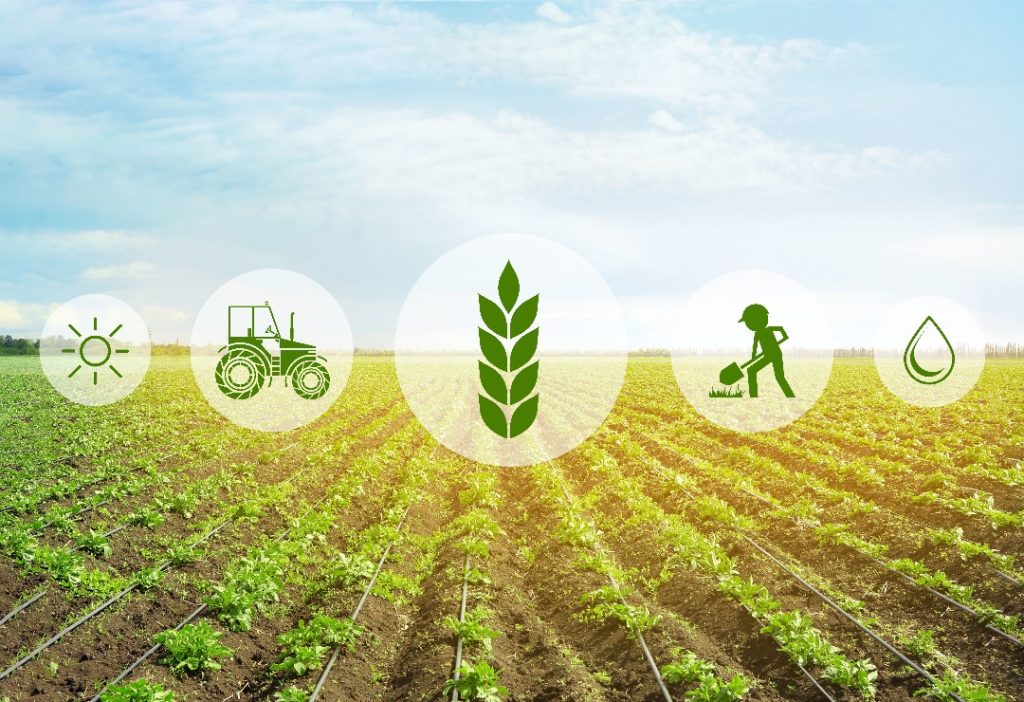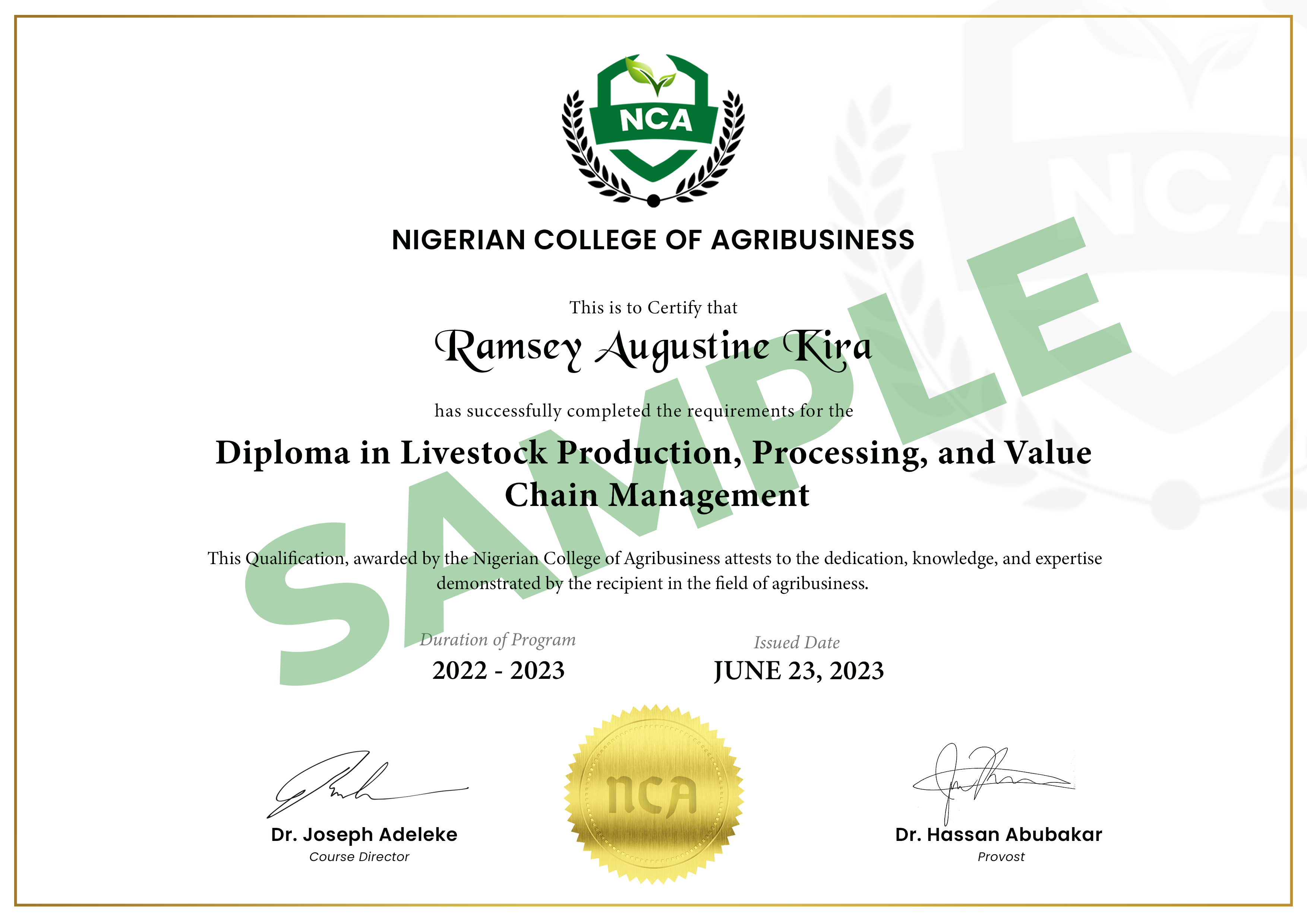
The Diploma in Climate Smart Agriculture is an innovative and forward-thinking program designed to empower the next generation of agricultural professionals with the skills and knowledge to practice agriculture in a changing climate. This course offers a deep dive into the principles and practices of climate-smart agriculture (CSA), focusing on how to increase agricultural productivity sustainably, enhance resilience to climate change, and reduce or remove greenhouse gas emissions where possible. It combines scientific knowledge with practical applications, preparing students to meet the challenges of feeding a growing global population under the constraints of a changing climate.
Graduates of this program will be able to:
The demand for professionals trained in Climate Smart Agriculture is growing globally due to the increasing need to adapt agricultural practices to changing climatic conditions. Graduates can find opportunities in:
Upon successful completion of the program, participants will earn a prestigious Diploma in Climate Smart Agriculture from the Nigerian College of Agribusiness. At convocation, graduating students will receive their Diploma as well as their Transcript of academic records.
Faculty
Faculty members are experienced Climate Smart Agriculture Professionals and Industry Leaders with with extensive experience in developing and executing CSA projects in Crops, Livestock and Aquaculture industries.
NGN 250,000
26th February, 2024

Click on the link below to fill the application form for this course
Do you need any further assistance regarding this program, send an email to: [email protected] or chat with a program executive on WhatsApp via: 09023789104 (Nigeria)
Ready to Begin your application process? Click on “Apply Now” to access the application form.
Established in 2022 and approved by the National Board for Technical Education (NBTE), the College provides high-quality specialized education that strives to improve the productivity, performance and continuous development of professionals in Nigeria. The College has the Centre for Environment and Climate Innovation, Centre for Agribusiness Enterprise, Centre for Centre for Nutrition and Wellness, Centre for Development Leadership, Centre for Farm Management and Centre for Food Business Innovation. Through these centers, the college delivers need-based professional education to diverse professionals across the country and beyond. In 2023, the Nigerian College of Agribusiness was admitted into E4Impact Alliance, a network of leading business schools in Africa helping startups in Africa to scale up and attain their full potentials. Other members of E4Impact Alliance include University of Professional Studies Accra, University of Makeni Sierra-Leone and Uganda Martyrs University Kampala.

Our mission is to cultivate a vibrant, sustainable and profitable agribusiness sector that drives economic growth and social progress across Africa and beyond.
We are committed towards educating a new generation of agribusiness sector leaders that will transform the economic fortunes of the African continent
© NCAEDU 2023 All Rights Reserved.